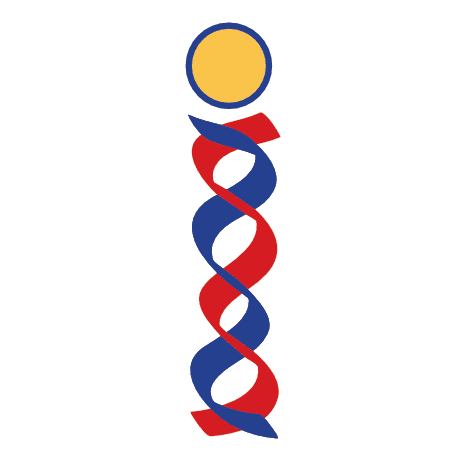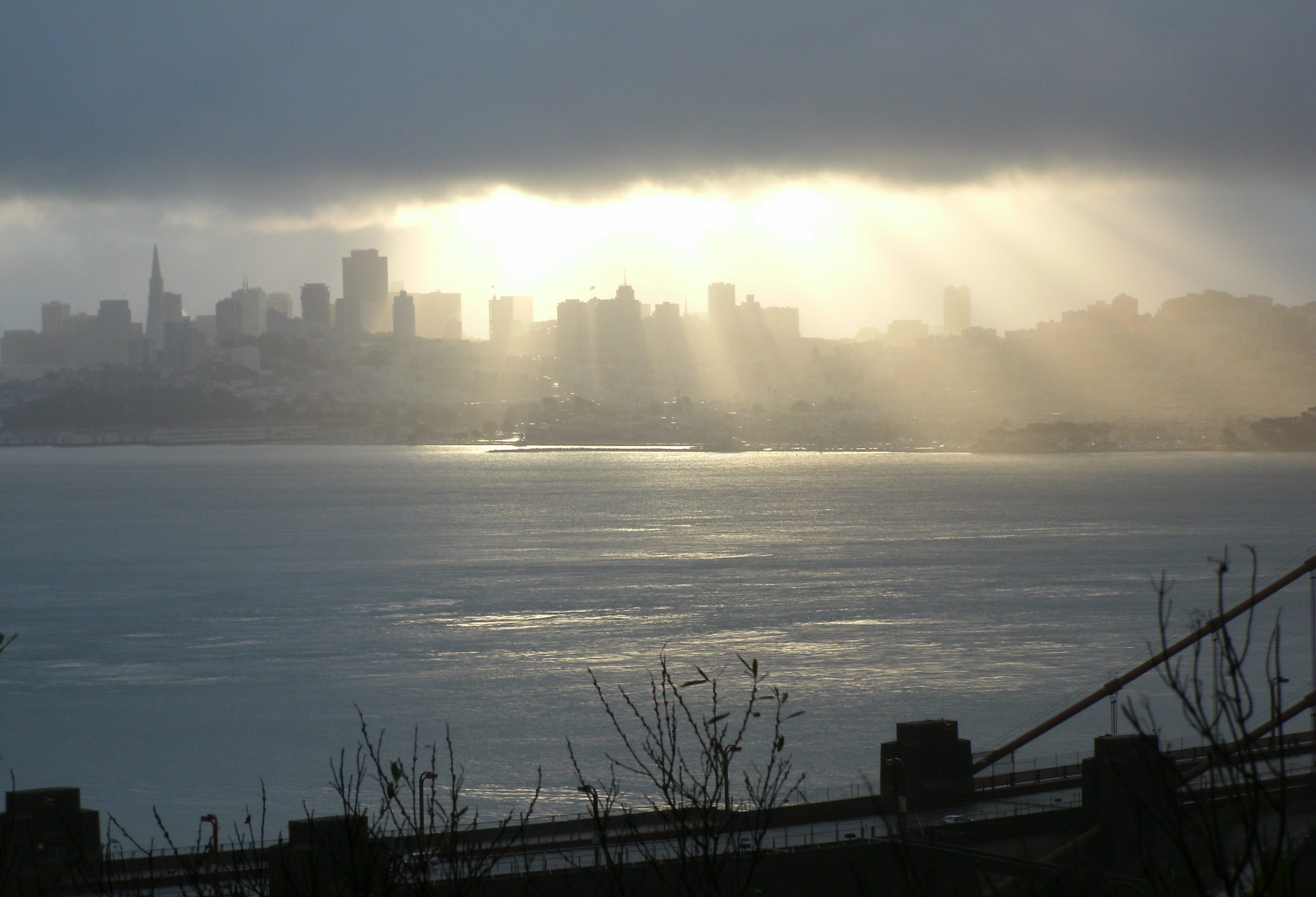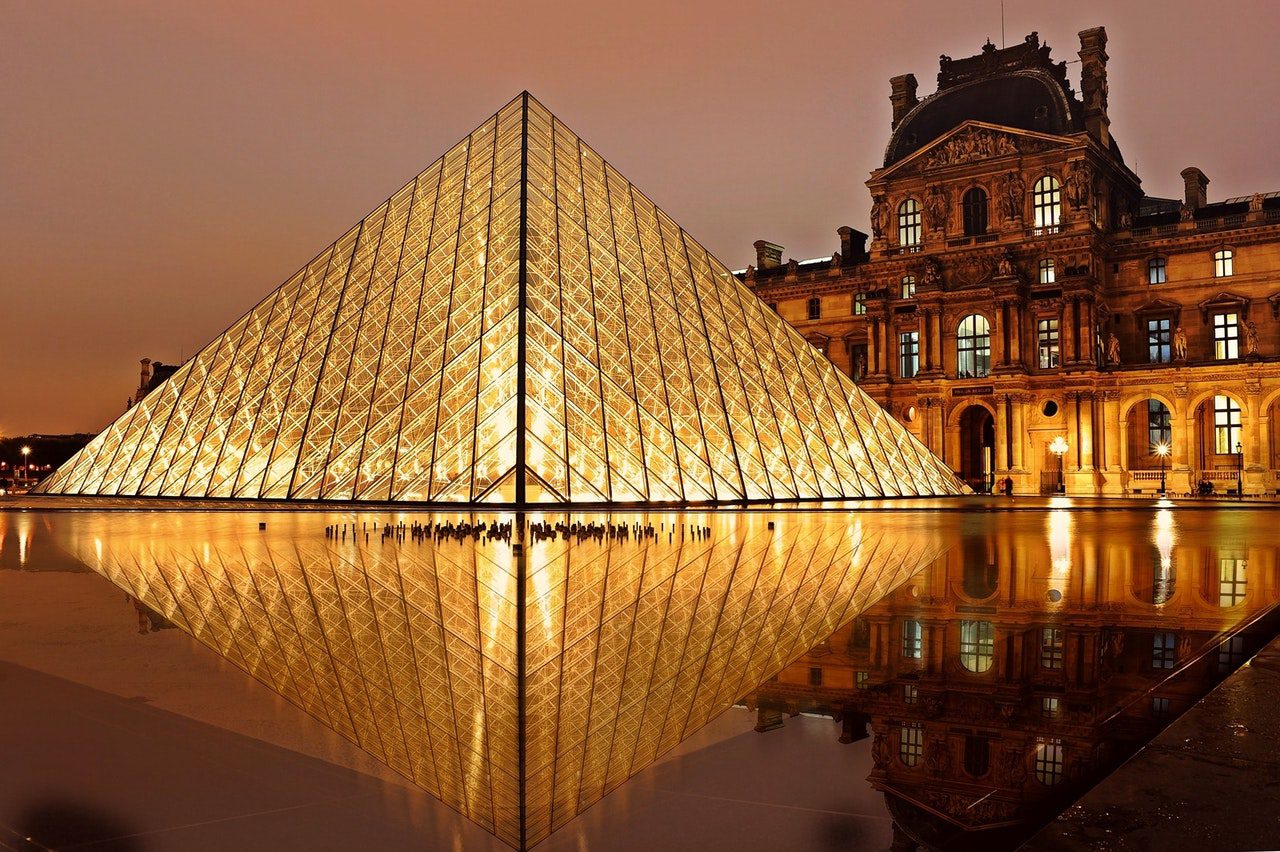For a lot of people there’s a hollow, empty, unsatisfied feeling in our lives we try not to acknowledge. We feel we’re just wrong in some vague, unspecified way. Certainly we act in very unskillful ways, but what’s going on with us isn’t ‘original sin’, maybe not some primal wound or deep-down trauma, but an unacknowledged, unrecognized and unspecified lack.
We try to compensate with things, with ‘stuff’, with career success, with fun activities, with relationships, with love, and every possible form of addiction. A lot of people cover it up with a dogmatic and fervent adherence to ideology or counterfactual positions in politics, metaphysics and religion. Whether compensating or covering up, we never take a look at what’s going on underneath in ourselves.
When we try to answer the coaching questions, “What do you want? What would you like to experience? What would that mean to you? What is your dream of health?” we can notice our emotional reaction. We often call it ‘resistance’, but see if your reaction fits this model.
We try to pretend we’re OK, we’ve got it handled but deep down, there’s this sense of something wrong, something lacking. There’s also a fear that if we loosen our grip, we’ll lose control over our familiar and comfortable worlds. One of the ways we try to handle this is through symbolic experience – through language, music, art, movement, psychology, myth, religion: We try to manage and manipulate our own experience and the experience of others through all the symbols we use in describing our lives and experience.
As others have put it, “If you’ve got a God-sized hole you can’t fill it with anything else”. It’s what Buddha called dukkha – best translated as unsatisfactoriness. Basic, deep-down ’wrongness’, and beyond reassurance from loved ones or mentors. Even when they tell us we’re fine, we automatically have to check with ourselves to see whether that’s true – and find that it isn’t.
Joseph Goldstein liked the following quote enough to read it into the audiobook version of Mindfulness:
“You see, dear reader, and speaking frankly without any intention to offend, you are a ramshackle collection of coincidences, held together by a desperate and irrational clinging. There is no center at all, everything depends on everything else, your body depends on the environment, your thoughts depend on whatever junk floats in from the media, your emotions are largely from the reptilian end of your DNA. Your intellect is a chemical computer that can’t calculate a zillionth as fast as a pocket calculator. And even your best side is a superficial piece of social programming that will fall apart just as soon as your spouse leaves with the kids, and the money in your joint account, or the economy starts to fail and you get the sack, or you get conscripted into some idiot’s war, or they give you the news about your brain tumor. To name this amorphous morass of self-pity, vanity and despair, “self”, is not only the height of hubris, it is also proof, if any were needed, that we are above all a delusional species. We are in a trance from birth to death. Prick the balloon and what do you get? Emptiness. Take two steps in the divine art of Buddhist meditation and you’ll find yourself on a planet you no longer recognize. Those needs and fears you thought were the very bones of your being turn out to be no more than bugs in your software.” ~ John Burdett: the Royal Bangkok series of detective novels.
Brilliant, just brilliant.
Secular, humanist methods of psychotherapy and personal transformation turn out in the end to be just as unsatisfying. Sure, we can have “better” relationships, careers, health and well-being, but in the long run, in ourselves, we feel nothing much has changed.
Any time we have any kind of unsatisfied need, a sense of lack or ‘wrongness’ – especially something so deeply ingrained that we identify with it as ‘I’ – something there is driving emotions and behaviors.
This sense of (fundamental) dukkha in and with ourselves is the root of all ego.
We need to catch ourselves in the act so that we don’t immediately jump into the reaction. Recognizing it, moment by moment as it occurs, leads to instantaneous transformation.
“Not until I was forced by circumstance did I stop trying to fix what was wrong with me and rather use what was right in me that I realized that I could create the changes I wanted in myself and my life.” ~ Laura Day: The Circle
Remaining in the spacious awareness that stops us in our tracks every time it occurs, is called ‘liberation’. It is not a final, one-off, static state, but the basis of fundamental wellbeing. Then we get to explore greater possibilities of awareness, freedom and wellbeing, and more profound experiences of non-duality.

© Malcolm Fraser 2022. All rights reserved.




